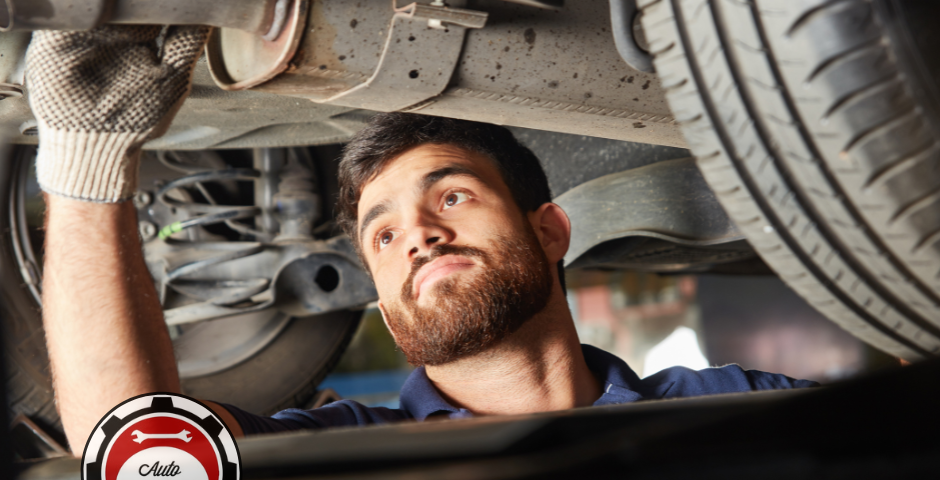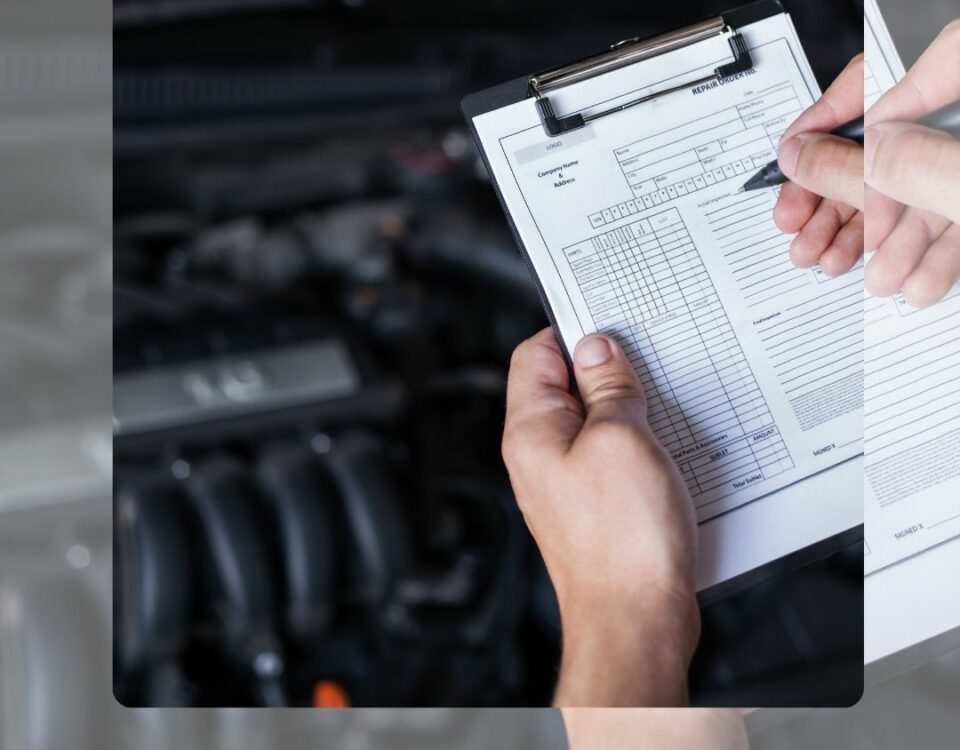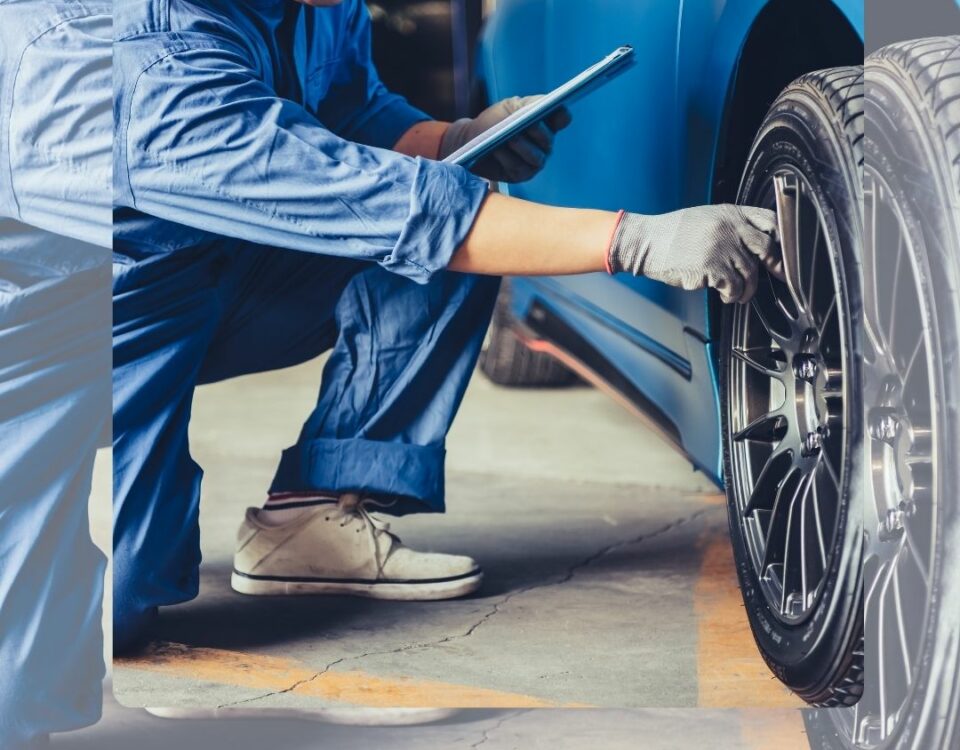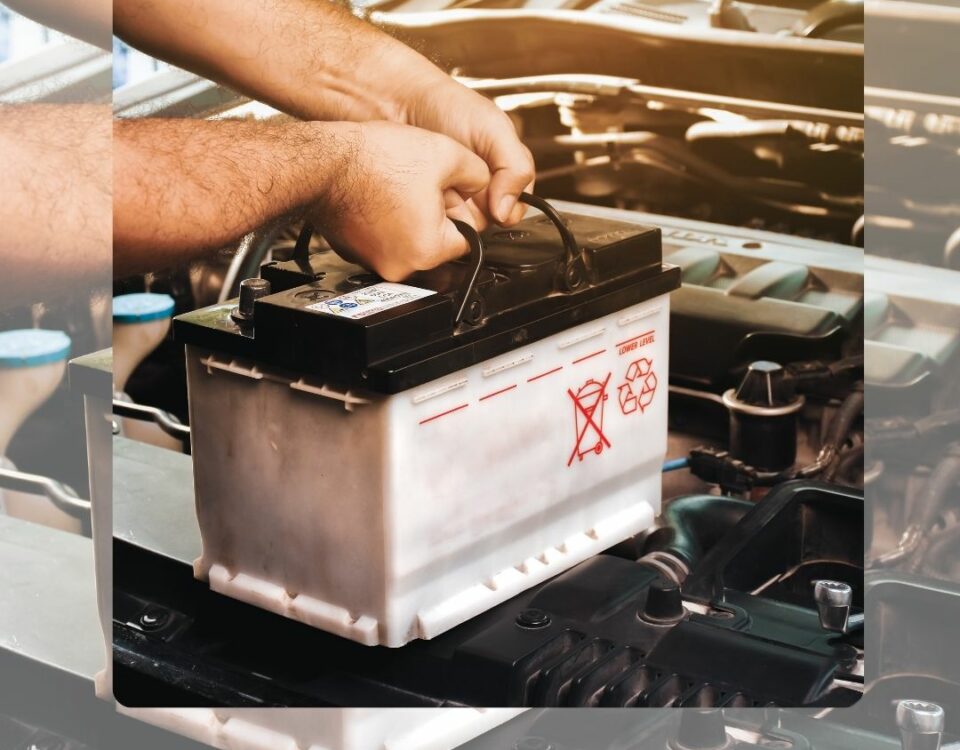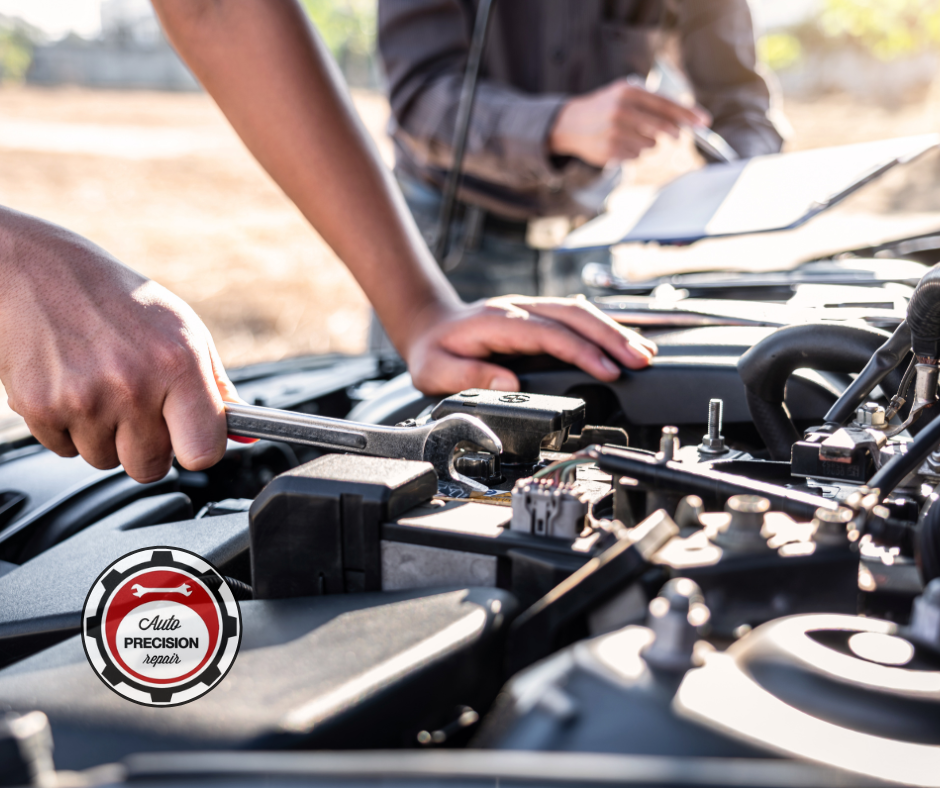
Advanced Vehicle Inspection Techniques: Ensuring Road Safety and Compliance
December 11, 2023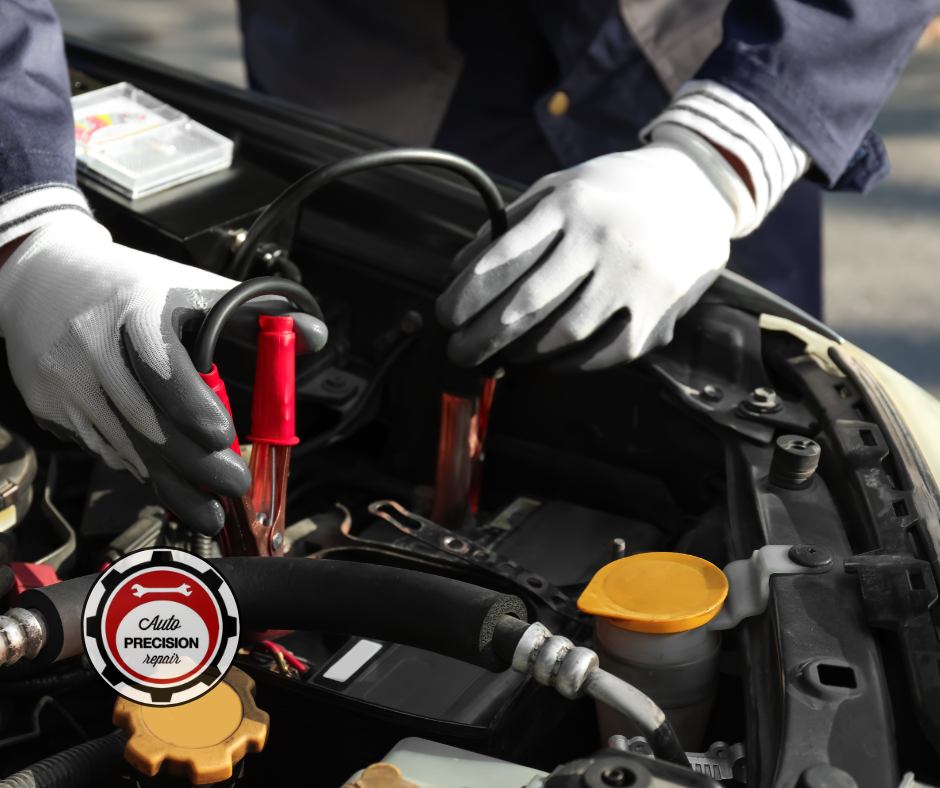
Maximizing Safety and Performance: Essential Tips for Vehicle Inspection
December 11, 2023The automotive industry is experiencing a significant transformation, particularly in the field of vehicle inspections. Technological advancements are reshaping how vehicle inspections are conducted, offering improved efficiency, accuracy, and safety. This article explores the cutting-edge innovations that are revolutionizing vehicle inspection processes.
Emerging Technologies in Vehicle Inspection
Modern technology has introduced a range of tools and techniques that are making vehicle inspections more thorough and less time-consuming.
Automated Inspection Systems
Automated inspection systems use robotics and artificial intelligence to conduct thorough vehicle checks. These systems can quickly identify issues that might be overlooked in manual inspections, ensuring a higher level of precision.
Advanced Diagnostic Tools
The use of advanced diagnostic tools, such as OBD-II scanners and electronic testing equipment, allows for a more detailed analysis of a vehicle’s health, particularly in areas like emission control and engine efficiency.
The Role of Data Analytics in Vehicle Inspections
Data analytics plays a pivotal role in modern vehicle inspections, enabling more proactive maintenance and issue resolution.
Predictive Maintenance
By analyzing data collected from vehicles, predictive maintenance technologies can foresee potential issues before they become major problems, leading to longer vehicle lifespans and safer driving conditions.
Impact of Vehicle Inspection Innovations on Safety and Compliance
The integration of advanced technologies in vehicle inspections has a profound impact on road safety and compliance with regulatory standards.
Enhanced Road Safety
With more accurate and thorough inspections, vehicles are maintained in top condition, significantly reducing the risk of accidents caused by mechanical failures.
Regulatory Compliance
New technologies ensure that vehicles meet the latest environmental and safety regulations, helping both individual car owners and commercial fleets to avoid penalties and fines.
Challenges and Future Prospects
While technological innovations in vehicle inspections offer numerous benefits, they also present challenges such as the need for specialized training and the high cost of advanced equipment. However, as technology continues to evolve, these challenges are likely to be overcome, paving the way for even more sophisticated inspection techniques in the future.
Conclusion
The future of vehicle inspection lies in the integration of technology, which promises greater efficiency, accuracy, and safety. As these innovations continue to evolve, they will undoubtedly play a crucial role in shaping the automotive industry and contributing to safer roads worldwide.


